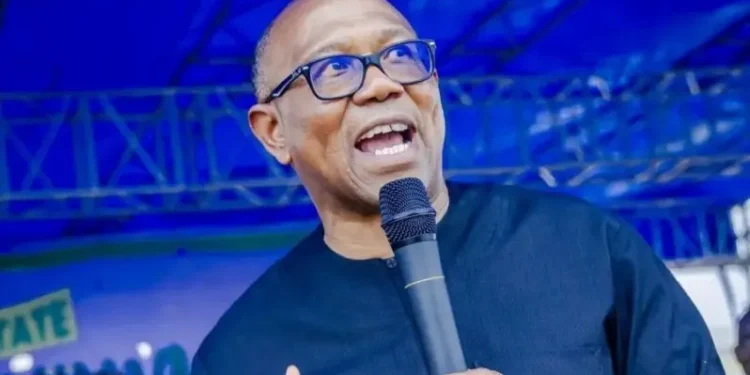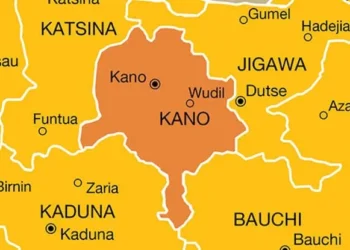Former presidential candidate of the Labour Party, Peter Obi and a chieftain of the All Progressives Congress, Chief Eze Chukwuemeka Eze, have condemned the alleged disobedience of a Supreme Court ruling regarding the release of statutory allocations to an appointed sole administrator instead of a duly constituted legislative body.
In a statement on Monday via X, Obi criticised the ongoing political developments in Rivers State, describing them as an “aberration” and a violation of Nigeria’s constitutional order.
“What we are witnessing in Rivers State is a brazen disobedience and disregard for the rule of law and our democratic principles. The decision to release statutory allocations to an appointed Sole Administrator, despite a standing order of the Supreme Court, is not just unlawful — it is a direct challenge to the authority of the highest court of our country.
“The Supreme Court had explicitly barred the Central Bank of Nigeria (CBN) and the Accountant-General of the Federation (AGF) from releasing these funds until a properly constituted House of Assembly passes a valid Appropriation Act. Yet, we see a situation where this order is being ignored. This raises serious moral questions about what is happening in Rivers State.
“A country cannot function where the rule of law is trampled upon, where the separation of powers is disregarded, and where judicial decisions are treated as mere suggestions.
“If we continue this way, we are undermining the future of our democracy. We must choose to do the right thing—to respect the law and uphold the principles that bind us as a nation,” he stated.
On his part, Chief Eze expressed worry over the authorization of release of the withheld monthly allocation of Rivers State to the Sole Administrator, describing it as “an act which offends the judgement of the Supreme Court that funds should only be released when their is in place an appropriation law.
”By his instruction, President Tinubu has turned his own words into the ultimate law, and has made a mockery of the verdict of the Supreme Court, thereby reducing the country’s Judiciary to it’s lowest ebb”, he said.




















